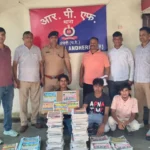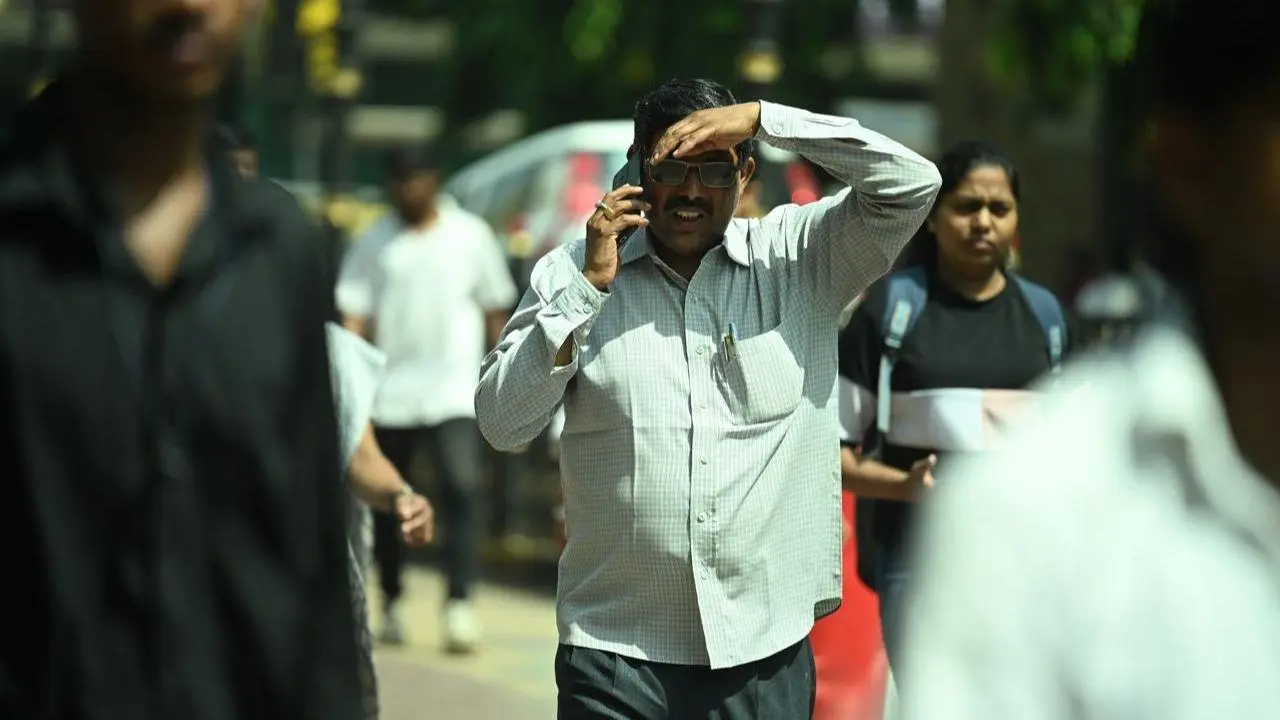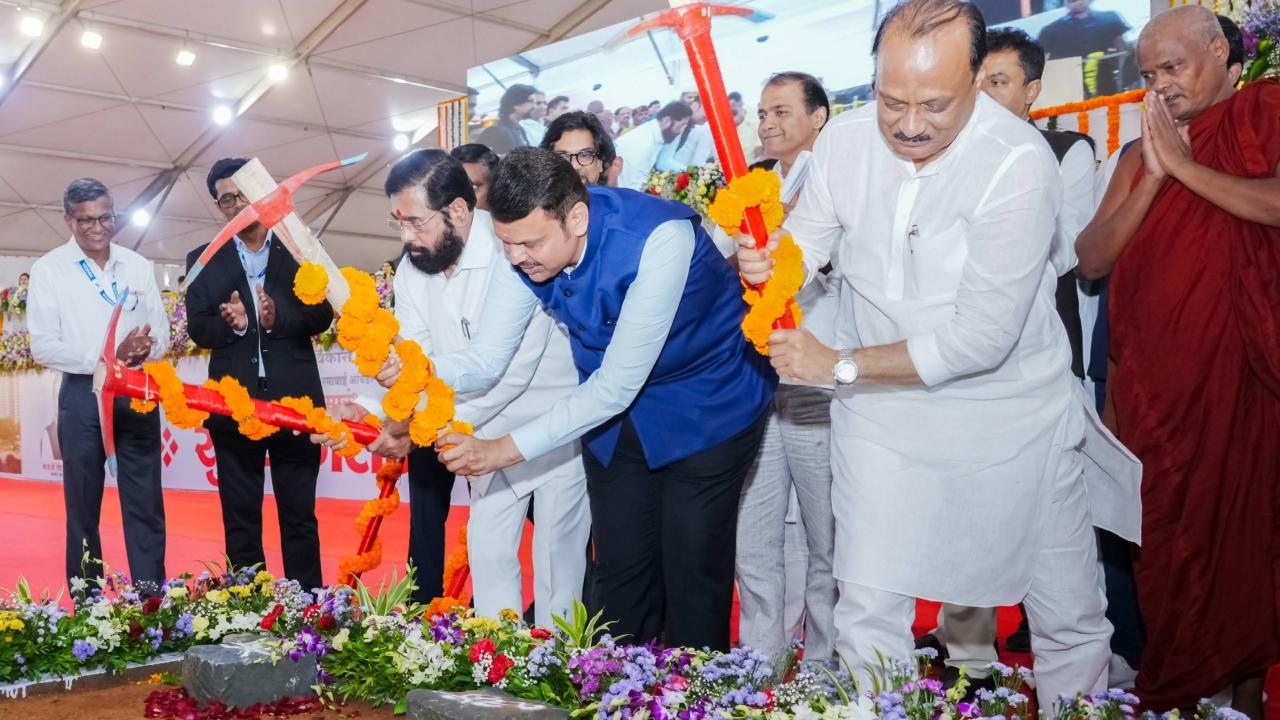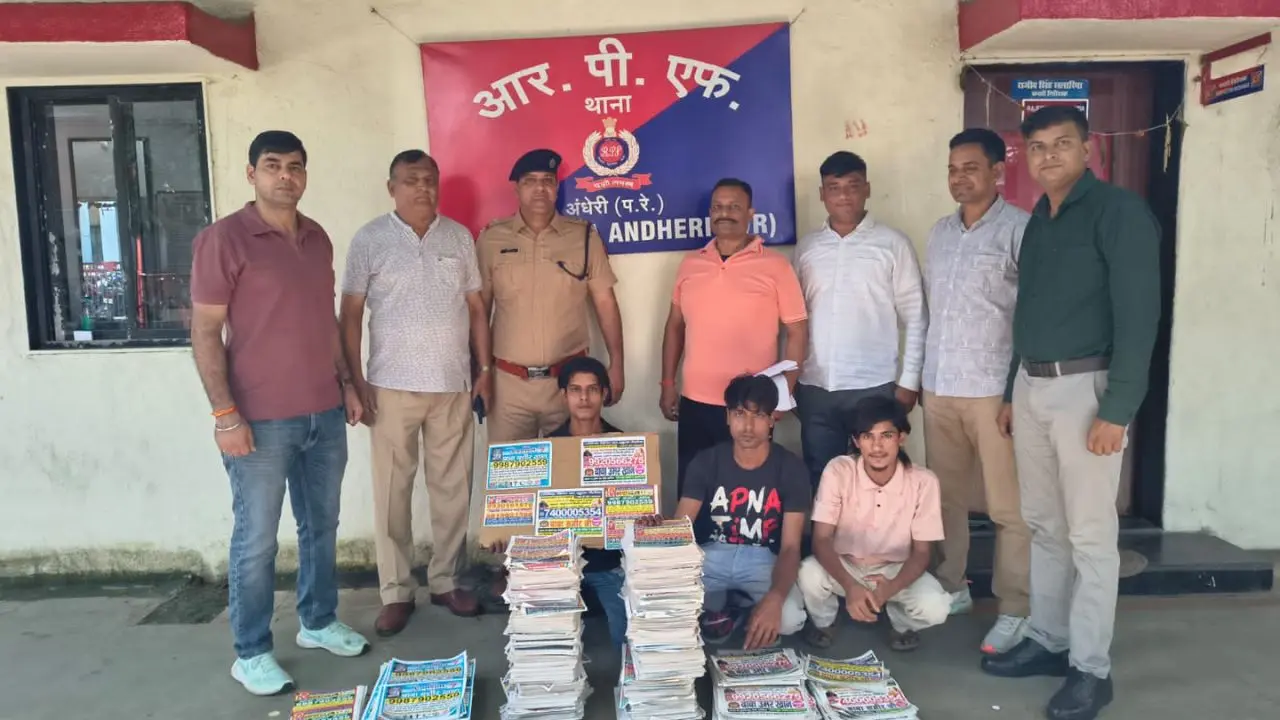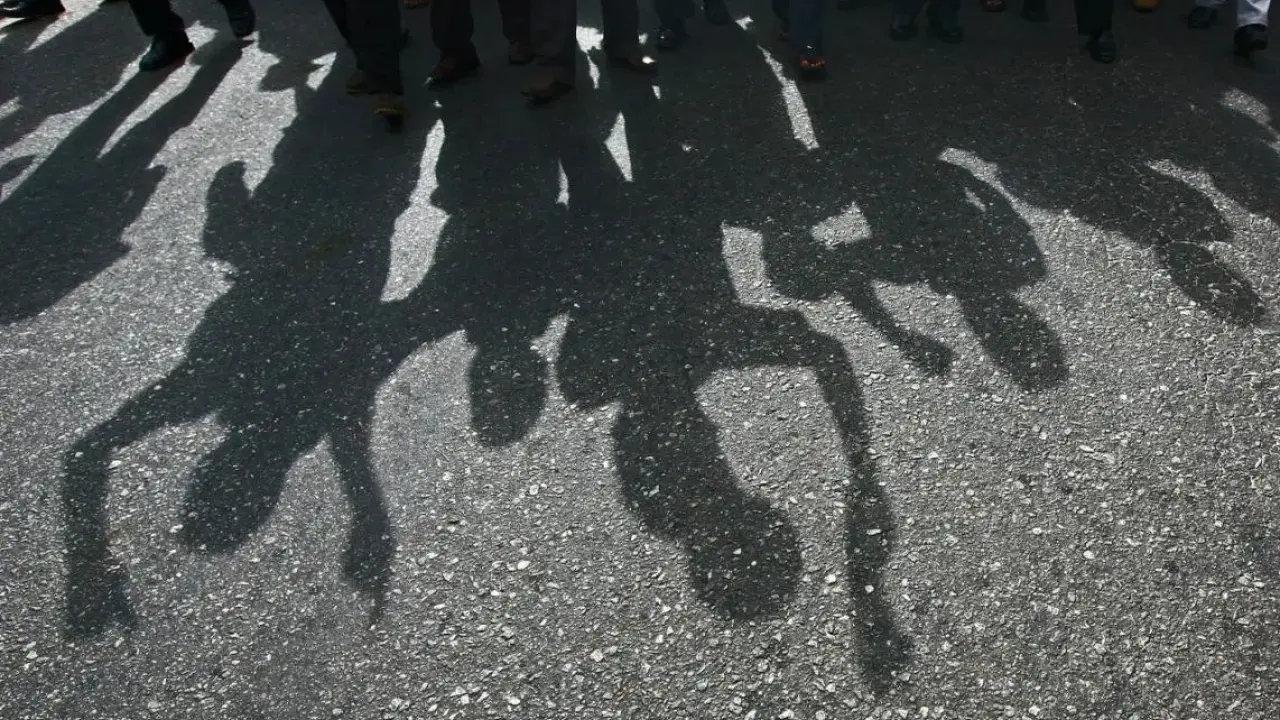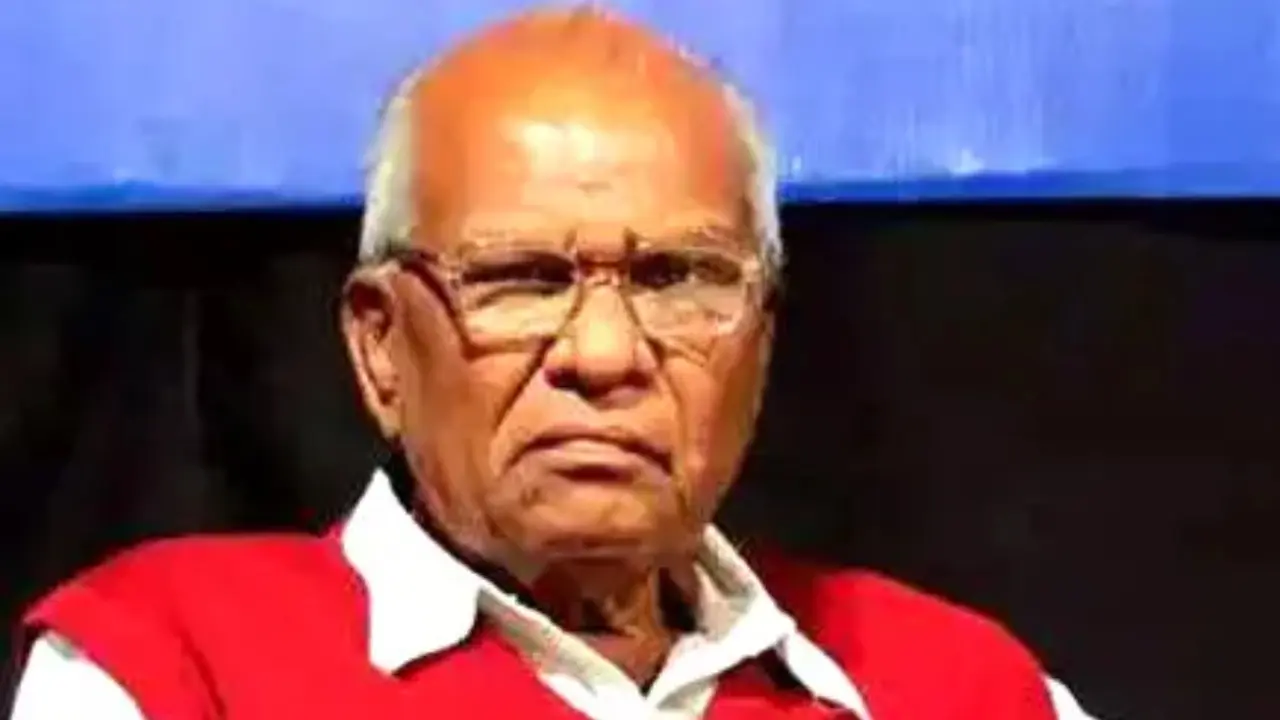Mumbaikars woke up to sunny skies and hot, humid conditions on Tuesday, with no rainfall reported across the city. Both the India Meteorological Department’s (IMD) Colaba and Santacruz observatories recorded dry and humid weather.
According to the latest Mumbai weather updates from IMD, Colaba recorded a maximum temperature of 32.2 degrees Celsius, 1.0 degrees Celsius above normal, while the minimum temperature stood at 24.4 degrees Celsius. Relative humidity was measured at 78 per cent.
In Santacruz, the mercury rose slightly higher, with a maximum temperature of 34.4 degrees Celsius, 0.7 degrees Celsius above normal, and a minimum of 21.6 degrees Celsius. Humidity levels were recorded at 69 per cent.
Despite the relatively high humidity, no rainfall was observed at either observatory.
The India Meteorological Department (IMD) has forecast clear skies over Mumbai and its suburbs in the morning, with partly cloudy conditions expected by evening.
Mumbai: Lake levels in city`s seven reservoirs reach 97.68 per cent capacity
Meanwhile, the water levels in lakes supplying drinking water to Mumbai have risen. According to Brihanmumbai Municipal Corporation (BMC) data, the combined stock in the seven reservoirs that provide water to the city now stands at 97.68 per cent.
As per the BMC on Tuesday (October 14), the collective water stock in these reservoirs is 14,13,808 million litres, which amounts to 97.68 per cent of their total capacity.
The BMC supplies drinking water daily from Upper Vaitarna, Modak Sagar, Tansa, Middle Vaitarna, Bhatsa, Vehar, and Tulsi lakes.
Of these, Tansa has 96.50 per cent water stock, Modak Sagar 90.43 per cent, Middle Vaitarna 99.84 per cent, Upper Vaitarna 100 per cent, Bhatsa 97.82 per cent, Vehar 100 per cent and Tulsi 97.71 per cent.
Lower (Modak Sagar), Middle and Upper Vaitarna lakes, along with Tansa, supply water to the western suburbs from Dahisar Check Naka to Bandra and to the western parts of the city from Mahim to Malabar Hill.
Lower (Modak Sagar), Middle and Upper Vaitarna lakes, along with Tansa, supply water to the western suburbs from Dahisar Check Naka to Bandra and to the western parts of the city from Mahim to Malabar Hill.
Bhatsa, Vehar, and Tulsi together form the Bhatsa system. Water from this system is treated at the Panjarpur Water Treatment Plant and distributed to the eastern parts of Mumbai, covering the eastern suburbs from Mulund Check Naka to Sion and further to Mazgaon.






